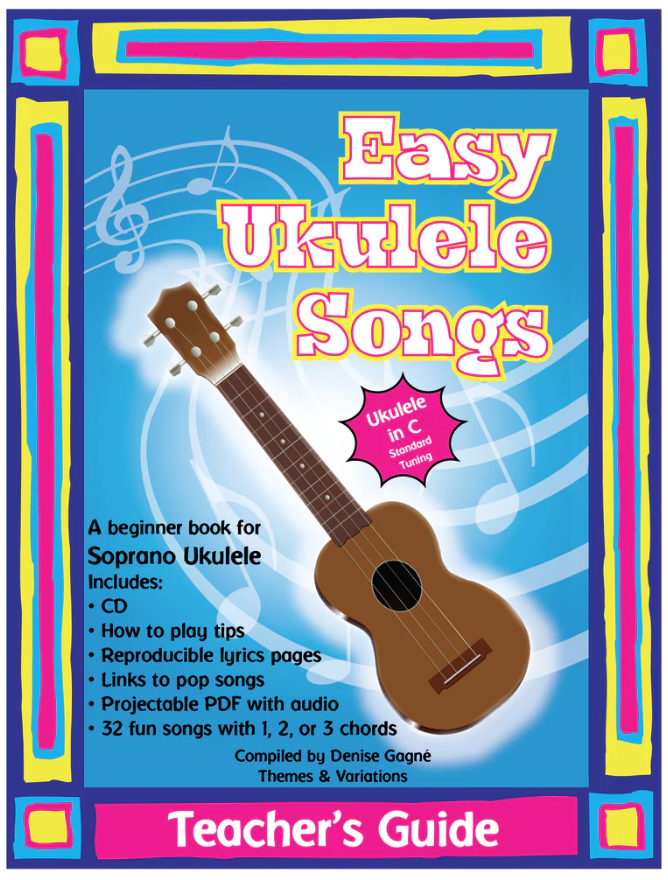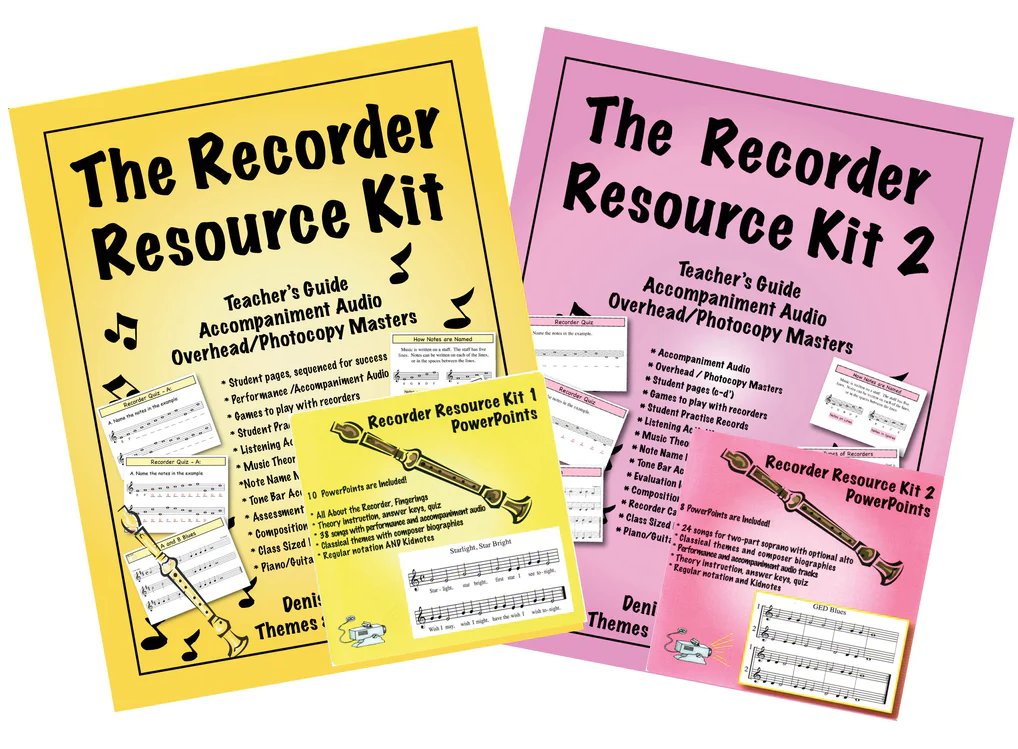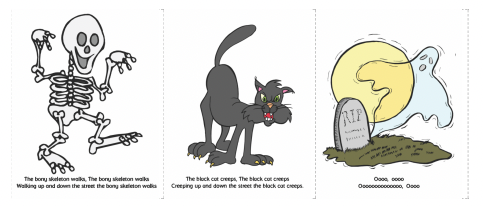Is Teaching Harder Now than it was 40 Years Ago?
Is Teaching Harder Now than 40 years ago?
Is Teaching Harder Now than 40 years ago?
March 11, 2017 Musicplay Newsletter

Ukuleles are back - and they're better than ever! Teaching ukulele can be a ton of fun for you and the students. Why ukulele? (instead of guitar)

Recorders are one of the best ways to teach students melodic reading. The instrument is inexpensive, simple to produce a sound, and students are very motivated to learn. (at least at the beginning of the unit) . However, playing recorder requires good fine muscle co-ordination which can be very difficult for some students. This newsletter addresses some of the ways that you can modify recorder instruction for your special needs students.

Singing Games are a rich source of repertoire for our elementary classrooms. In most singing games, a simple melody is repeated many times. It's that repetition of the simple song that helps children to internalize the beat, rhythm, and melodies. Many repetitions will help your students match pitch. Many repetitions help your ESL students to learn the language.

I loved Halloween when I was a kid - maybe even more than my birthday or Christmas. But the world has changed and with our diverse school communities, not all classes and not all schools celebrate Halloween. What I've tried to do in Musicplay is to provide songs that have the "flavor" and "sound" of Halloween without including lyrics about ghosts or witches. Alternate words are provided for other songs. Fun songs in a minor key are inclusive for those kids who celebrate Halloween and those who don't. The Bony Skeletons is a new song in Musicplay PreK (pt 1). It's online at http://musicplayonline.com/ and is available in the Book/CD as well. When I did this with my preK class, it was May, and they loved the song. One of the students suggested being zombies, so we added a zombie verse.
One of the biggest challenges every teacher faces is classroom management. Your most challenging class might be a kindergarten class with many behavior challenges or it might be a Grade 5 class with attitude. In this newsletter, I’m sharing some tips that have helped me with classroom management.